The Enigma of Kaspar Hauser
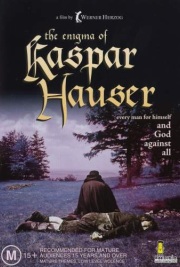
Long before he was a vehicle for internet memes, Werner Herzog was a director quietly emerging from a German filmmaking era that included Wim Wenders and Rainer Werner Fassbinder, though ploughing a different furrow entirely. Prolific, artistic and totally unique, Herzog’s canon is full of strange protagonists, desolate landscapes, and animals – so, so many animals. His beautiful tragicomedy The Enigma of Kaspar Hauser has all three of these things in spades, and is a perfect introduction to his oeuvre for anyone wanting to get a fuller idea of what this fantastic filmmaker is all about.
“I want to be a rider like my father before me.” These are the first words Kaspar Hauser is taught by the strange, cloaked man who frees him from his prison and thrusts him into society for the first time in his life. Feral, uneducated, disorientated, at the start of the film Kaspar is more animal than man, and throughout the story Herzog examines the town’s attempts to assimilate Kaspar into high society, at the same time as showing how futile and ultimately tragic these attempts are.
Much of the film rests on shoulders of Bruno S., the homeless street musician cast to play the lead role, Herzog presumably seeing something in him that wasn’t too dissimilar from the character of Kaspar himself. Bruno is a truly bizarre on screen presence, his eyes often taking the appearance of a deer caught in the headlights, but it’s this mixture of terror and intensity that makes him so successful in the role. He’s also very, very funny, and despite the elegiac, Romantic, artistic nature of the film, it is at its core a comedy – a scene where Kaspar can’t grasp the idea that an apple is an inanimate object is utterly hilarious.
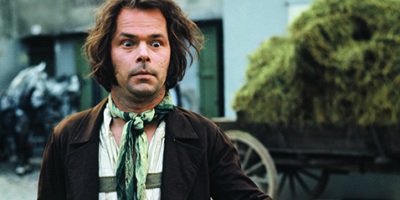
Then there is the tragic nature of the story. You know from the start things aren’t going to end well. One of the very first shots of the film is a field of barley blowing fiercely in the wind, as ominous an on-screen image as I can remember, coupled with the intensely dramatic caption: “Do you not then hear this horrible scream all around you that people usually call silence.” Throughout the film, surrounded by people trying to educate him, convert him, sometimes even abuse him, you feel that Kaspar hears that horrible screaming not just in silence, but in every aspect of the world that he can’t fit into – it’s a theme of Herzog’s that can be seen across much of his work, not least in his most celebrated documentary Grizzly Man.
I firmly believe Werner Herzog to be our greatest living filmmaker, and certainly one of the greatest of all time. The Enigma of Kaspar Hauser showcases him at his very best – a beautiful script, bizarrely engaging lead performances and a visual style that is unwaveringly beautiful, like a Caspar David Friedrich painting come to life. Simply put, his films are made for cinemas, and you shouldn’t miss the opportunity to see this in the way it was intended to be seen.

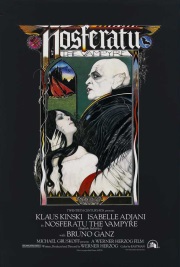
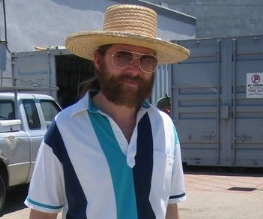
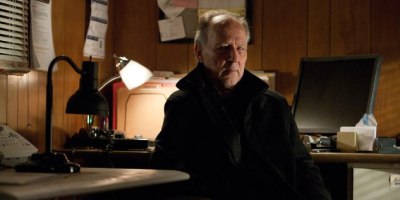
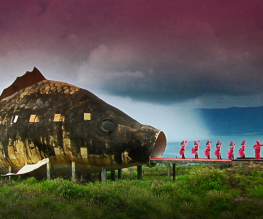
Recent Comments